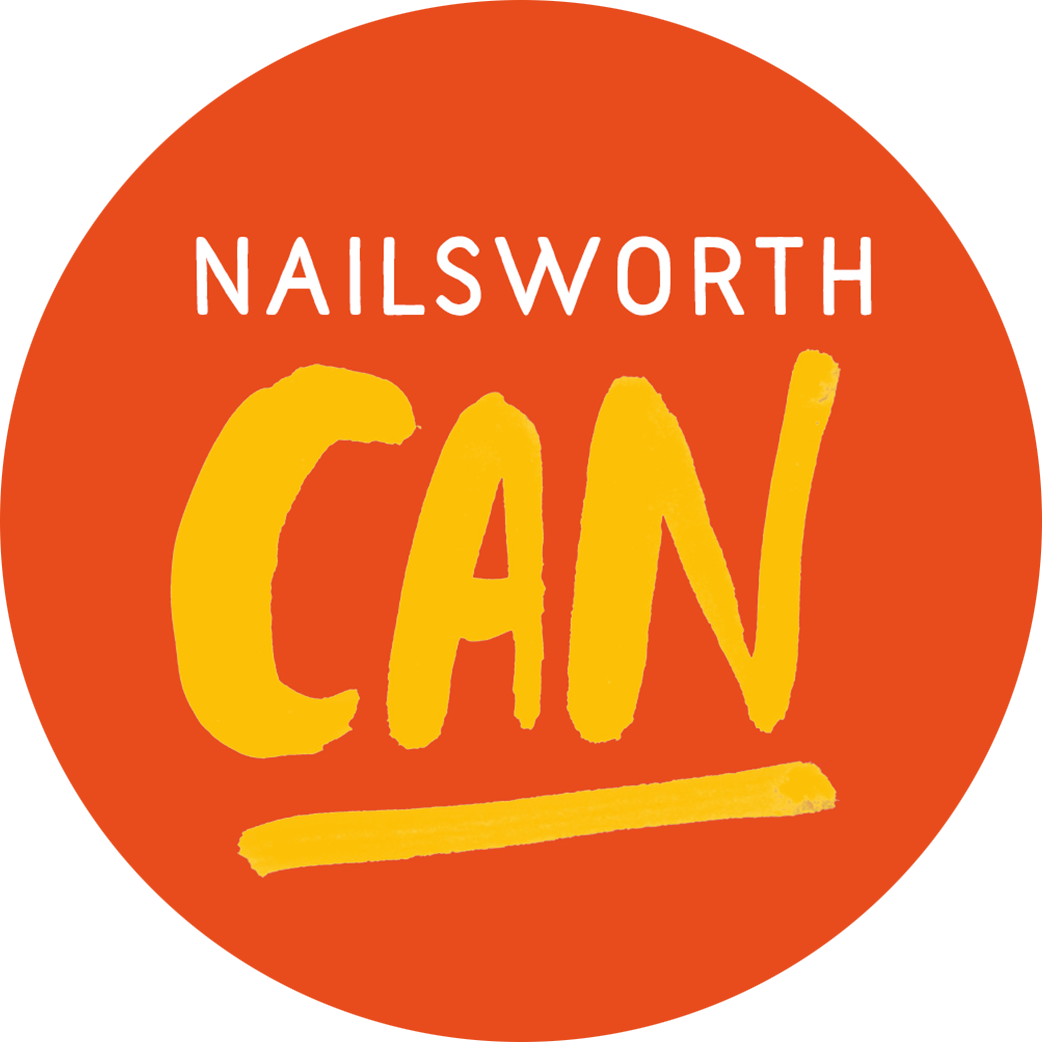The importance of Greener Finance
Personal finance is often overlooked in efforts to make our everyday lives more sustainable. Our financial choices can seem disconnected from our ongoing effort to be more environmentally conscious. Our decisions on who to bank with and how to invest our pensions are either guided by mass advertisements or by long-standing habits (and dare I say so, sometimes we are not even aware that there are decisions to be made!).
In fact, our financial decisions have more power and weight than we imagine. Let's start with the most basic level, our choice of bank or insurance provider. First of all, banks are commercial organisations, and as such, they are competing for one thing only – consumers. The more people choose their services, the more the bank will grow and develop, the higher their share price. On the contrary, if everyone decided to abandon a high street bank, its days would be numbered.
So a simple act of opening a bank account supports the organisation of your choice – and it is important to base this choice on research. You can support a bank that is giving part of its profits back to local communities without having to sacrifice any of the normal protection you expect as a consumer. For example, Triodos Bank is fully protected by the Financial Services Compensation Scheme (FSCS)[1] and it has already loaned more than £8 billion to projects that benefit people and the planet across Europe[2].
Your financial decisions become even more important if you want to deposit some cash savings. Mainstream commercial banks use your savings to lend money to other consumers. The bank will charge borrowers a certain fee: most of it will be taken by the bank as pure profit, and a small part will be passed to a depositor in a form of interest. As a consumer, you don’t have to make any decisions on how your funds are used and who they are loaned to.
However, this cycle breaks if you decide to store your deposit with a sustainability-oriented bank. These types of banks use your deposits to support a certain cause, and you as a consumer regain some control. For E.g. Ecology Building Society will use your deposit to fund the environmentally friendly building and renovation projects, thereby supporting sustainable communities. Just as Triodos, Ecology savings qualify for full FSCS protection[3]. Ecology are also a dedicated green mortgage provider[4] – make a note if you are looking to move or renovate soon!
But the real impact kicks in when we turn our attention to investments and pensions. To understand why that is, we need to quickly revisit some basic investing principles. Let’s look at two simple asset classes – equities and bonds.
Bonds (also called fixed interest securities) are borrowing contracts. When a company needs to raise funding, they can borrow from the investors. In very simple terms, a bond is an I.O.U. note. The borrower, i.e. the company, promises to pay you certain interest regularly as a thank you for lending them money. At the end of the fixed term, the original borrowing is repaid.
Equities are shares. Each share is a unit of ownership. When companies ‘go public’ or ‘ get listed’, they split the ownership into a finite number of shares and sell them to the investors. This allows companies to raise funds. The investors become partial owners and receive dividends as payouts.
Why did we need to know that? Because our investments, ISAs, pensions – basically all personal investment products – are made from bonds and shares. And too often we have little to no understanding of what’s going on inside those products. Owning an ISA or a pension means supporting companies that you like with your money. Regardless of the form, be it borrowing or share owning, you are giving your money to the companies. The companies will then use the raised capital to fund research and development, new product lines, expansions, etc.
Now imagine what would happen if all investors decided to collectively deprive certain industries of their financial support. The unethical industries and companies would either be pushed to the brink of bankruptcy or be forced to change! And this is the real power of your financial decisions. We are living in a world where economic principles are intertwined with social ones so much that they become impossible to ignore. So it is only natural that we should use our personal finances as a tool to bring about the change our society desperately needs.
Please contact your financial adviser for personalised advice on all important matters.
Disclaimer: All expressed opinions are my own, based on my personal experiences and do not represent regulated financial advice. The author has no connection to any of the financial organisations mentioned.
Author: Alena Zavaribn of Anderson Financial Management Ltd (telephone 0117 332 1573 or email alena.z@sjpp.co.uk).
Resources:
https://www.triodos.co.uk/financial-services-compensation-scheme
All pictures are from https://unsplash.com/ and are free to use.

